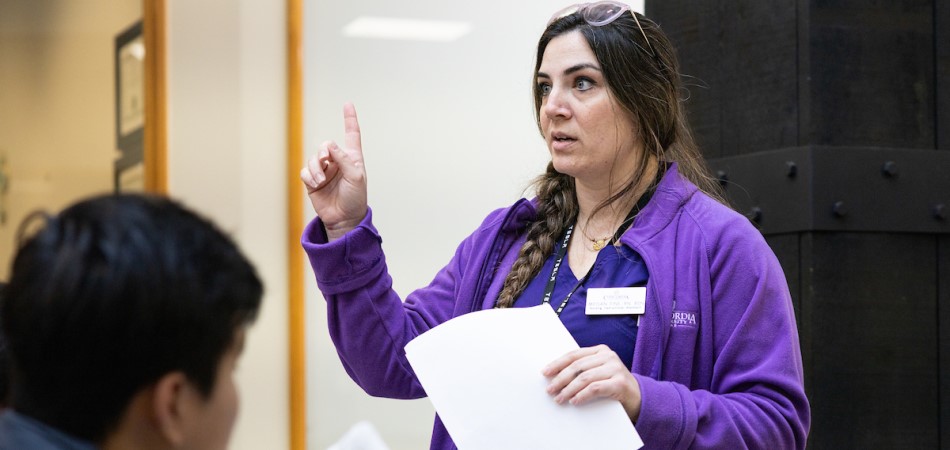No MSN? No Problem. How You Can Earn a DNP with Just a BSN

For many nurses, the idea of earning a Doctor of Nursing Practice (DNP) feels like a distant goal, one that requires earning a Master of Science in Nursing (MSN) first. But the truth is, you do not need an MSN to reach the highest level of nursing education. At Concordia University Texas, our BSN-to-DNP program makes it possible to advance directly from your Bachelor of Science in Nursing to your doctoral degree in a single, streamlined path.
Why Skip the MSN Step?
Traditionally, nurses followed a multi-step journey: BSN, then MSN, then DNP. While effective, this route can take many years and require multiple program applications, transitions, and tuition investments.
A direct BSN-to-DNP program offers several advantages:
- Faster career advancement – You can earn your doctorate in approximately 36 months without pausing for a separate master’s program.
- Cost efficiency – One continuous program means one admissions process and consistent tuition, which at Concordia is locked at $800 per credit hour.
- Focused preparation – From the first course, you will be building the advanced leadership, policy, and clinical skills required of today’s nurse executives and change agents.
How the Concordia Texas BSN-to-DNP Works
Our DNP program is designed with working nurses in mind. You will complete most coursework online, allowing you to maintain your professional and personal commitments. Once a year, you will join your peers on our Austin, Texas campus for a two-day summer colloquium, an immersive experience with hands-on leadership training, networking, and collaborative learning.
Throughout the 36-month program, you will be part of a tight-knit cohort that offers encouragement, accountability, and professional connections. You will also receive mentorship and academic coaching to help you succeed.
A Curriculum That Builds Leaders
Concordia’s DNP curriculum integrates clinical excellence with leadership grounded in Christian values. You will gain expertise in:
- Healthcare policy and advocacy – Learn how to influence legislative decisions and promote equitable healthcare access.
- Interprofessional collaboration – Lead diverse healthcare teams to deliver exceptional patient care.
- Health equity strategies – Address disparities and improve outcomes in underserved communities.
- Evidence-based practice – Apply research to real-world clinical challenges through your DNP Scholarly Project.
Instead of a traditional dissertation, you will complete an evidence-based project that directly impacts your organization or community.
Career Opportunities After Graduation
A DNP opens doors to high-impact roles in healthcare leadership, education, and policy. Graduates of BSN-to-DNP programs often go on to become:
- Healthcare executives and nurse administrators
- Nurse educators and clinical instructors
- Clinical quality improvement leaders
- Healthcare policy analysts and advocates
- Nursing consultants and thought leaders
These roles allow you to influence systems-level change while continuing to serve patients and communities.
Is the BSN-to-DNP Right for You?
If you are a BSN-prepared nurse ready to expand your scope of practice, take on leadership responsibilities, and make a broader impact on healthcare, the BSN-to-DNP pathway could be your next step. With Concordia Texas’s hybrid format, supportive cohort model, and faith-centered mission, you will have the flexibility and resources to achieve your goals.
Learn more about the BSN-to-DNP program at Concordia University Texas and start your journey toward becoming a confident, purpose-driven nurse leader.
APPLY NOW